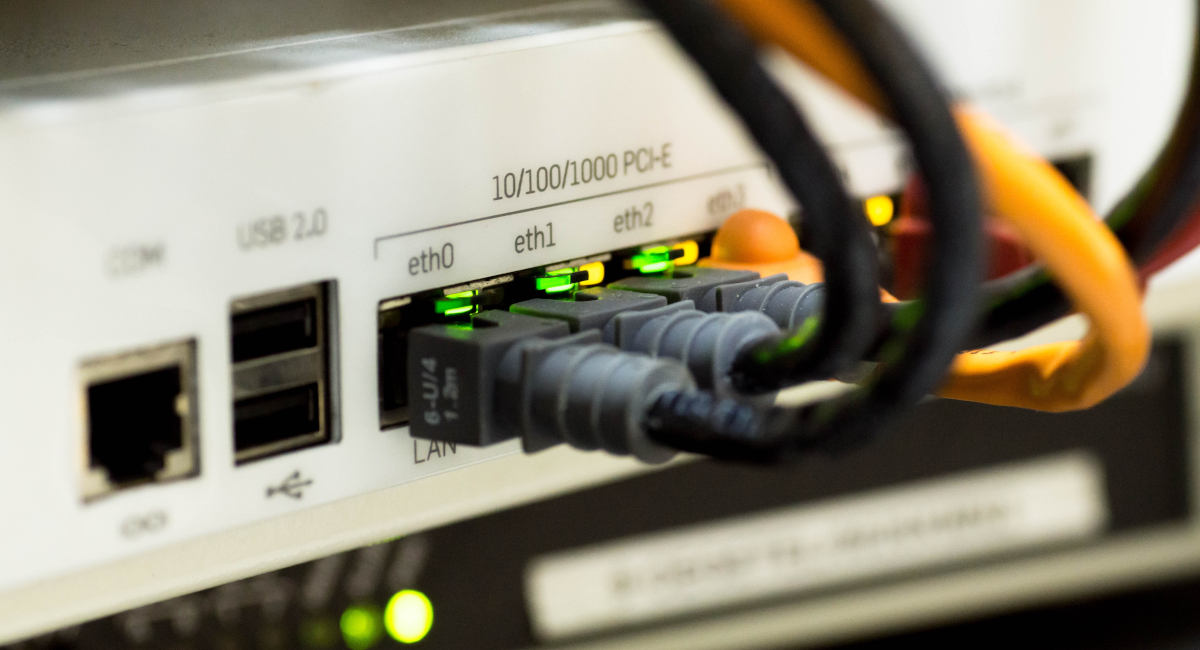4.5 million Poles have never used the Internet – a Consumers Union report indicated. The COVID-19 pandemic has highlighted the problem of insufficient digital exclusion in Poland. However, plans to build a high-speed network in our country assume that by 2025 there will be universal access to high-speed Internet throughout Poland.
The Consumers Association report published this year showed that 4.5 million Poles have never used the Internetand another 1.82 million people access it sporadically. The vast majority, more than 80%, of those who do not use the Internet are people over 55 years of age. Experts noted that the COVID-19 pandemic has highlighted the problem of insufficient competencies and digital exclusion in Poland. However, it does Not only the technical dimension – related to a lack of access to hardware, software or networks – but it is also social, related to a lack of motivation to use new technologies.
research: Satellite and broadband Internet access for schools is taking off. This is the SAT4EDU project
Technical access issues will be resolved through the National Broadband Plan, which states that By 2025 all over Poland There will be universal access to the Internet With a capacity of at least 100 megabytes / sec. In places that are the main drivers of social and economic development, such as schools, transportation hubs, and major places for the provision of public services, the capacity It should be at least 1 Gbit/s.
By 2025, nearly 100 per cent. Residents of Poland will have access to high-speed Internet, by that time the so-called white spots. However, since we are talking about infrastructure, it also includes, among other things, the purchase of equipment for students and teachers
– says Newseria Biznes Justyna Orłowska, director of the GovTech Polska Program at the Prime Minister’s Chancellery.
research: Nearly 90% of households in Poland have access to broadband internet, according to the Central Statistical Office
Shipyard’s analysis of Orange’s social program needs roughly shows 22% Poland has a high potential for social and digital exclusion. The analysis also showed that the most numerically excluded groups are the oldest, the lowly educated, and the financially handicapped, including families with children.
In the coming years, we will have fiber-optic coverage throughout Poland, and it is already planned here to spend the money. The same applies to the purchase of equipment for teachers and students. However, it is also important to know how to use it
– Justyna Orłowska says.
More than half of Poles who have never used the Internet live in rural areas. Therefore – as experts emphasize – despite the increased digital potential in recent years, it is still necessary, on the one hand, to popularize access to high-speed Internet, and on the other – Education and development of digital competenciesI.
It’s about trying to get us – as users of new technologies – to be able to use them as widely as possible, so that we can care about our safety and our personal data. Finally, when using new technologies we should think about what they can help us with, apart from simple entertainment, so that we can use them in different dimensions of professional, educational and cultural life.
– Lists Witold Drożdż, Member of the Strategy Board at Orange Polska.
The most common reasons for lack of Internet access at home are No need for such (67, 7 proc.) i Lack of appropriate skills In this regard (52%). For comparison, the high costs of equipment or network access are indicated by 21.6%, respectively. and 14.7% subjects. So – as experts point out – education and awareness of the Poles What the Internet can do What needs can be met and how many things can be done with them.
A lack of skills related to cybersecurity or information verification may mean that the Internet – rather than a tool for social inclusion – will become source of threats and problems. In the case of digitally and socially excluded people, dysfunctional patterns of Internet use (such as addictions, security-threatening behaviors, Watching germs).
research: Almost 5 million Poles do not use a computer or the Internet. The new tax will increase digital exclusion
research: UKE: Nearly 8.5 million broadband internet users in Poland at the end of 2020
Image source: Pixabay
Text source: Business Newseria

“Extreme organizer. Problem solver. Passionate web buff. Internet expert. Devoted travel nerd. Professional troublemaker.”







